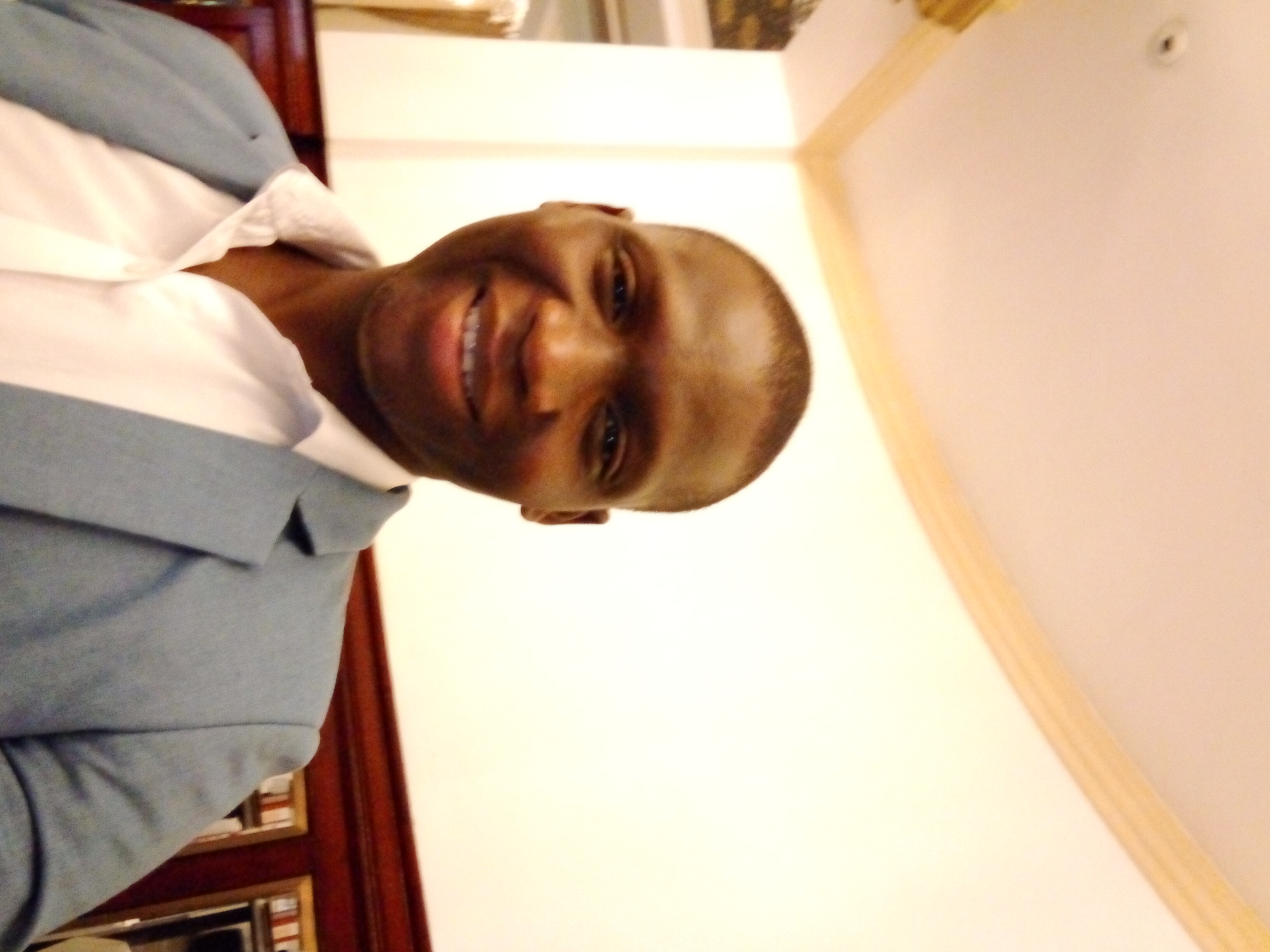Tackling inequalities with evidence — notes from the IGM annual conference
At its 2020 annual conference, the Inclusive growth in Mozambique programme and participants logging in from all over the world set out once again to share research and discuss how to achieve truly inclusive growth. At the close of an extraordinary year where COVID-19 rattled all areas of economics research in an unprecedented way, the online conference’s focus, ‘Evidence to enhance inclusive growth’, was as relevant and timely as ever, stimulating debate over a wide range of policy issues that affect economic development in countries like Mozambique.
As a trainee of the Inclusive growth in Mozambique programme, I had the opportunity to tap into the experiences of researchers and other participants from different parts of the world, including findings, learnings, questions, and ideas from a diverse set of studies.
In particular, I was interested by the results and reflections shared by Peter Wamalwa on the impacts of financial inclusion, income and wealth inequality on economic growth and inequality in Kenya. The study shows that the relationship between financial inclusion and income inequality is not linear. Financial inclusion does not immediately reduce inequality, as financial development initially supports the rich and the benefits are likely to be reaped by the non-poor. However, as access to financial services and technologies is expanded to a greater share of the population, inequality and wealth gaps decrease. Individuals and businesses, and especially poor households, gain unique opportunities to enhance their livelihoods and welfare through with access to useful and affordable financial products and services such as mobile money, credit, and saving accounts, increasingly aided by the advances in mobile technology and other innovations.
Thinking about the study from the perspective of Mozambique, where the levels of consumption poverty remain high even with a record of high rates of economic growth, we need research and solid evidence to assess the factors that impact financial inclusion and to establish policy solutions that effectively overcome barriers for the poor and, ultimately, promote more sustained and inclusive economic growth. To ensure sustainability, policymakers will have to work towards not just providing access to financial services and products, but also making sure that all stakeholders have the right knowledge and understanding of how to use them and improve their own livelihoods.
Another key takeaway for me from the conference was the opportunity to learn more about research tools and methods for examining policy weaknesses affecting Mozambique’s efforts to achieve its growth and development goals. These include how to use synthetic panels to study poverty and vulnerability dynamics even when longitudinal data is scarce, as presented by Vincenzo Salvucci, and the use of remote sensing data such as satellite images to measure the damage caused by Cyclone Idai and reconstruction efforts in Beira, as discussed by Peter Fisker.
Countries like Mozambique face enormous challenges to reduce poverty and inequalities and to share prosperity and growth. While important gains have been made over the last decades, Mozambique still needs to broaden its drivers of growth and aim for comprehensive socioeconomic development across many sectors. For example, the expectations linked to its extractives industry and a ‘natural resources boom’ alone are not enough and are further undermined by the failure to translate the gains from the sector to benefit the majority of the population which still makes a living from agriculture.
Going forward, both research and policymaking can take many different forms and explore the possibilities of different initiatives, as demonstrated by the breadth and variety of instruments and themes in the academic programme of the IGM conference. The collected evidence is ultimately what is needed to inform the ongoing debate and develop effective policy actions, in Mozambique and in other economies around the world.
The views expressed in this piece are those of the author(s), and do not necessarily reflect the views of the Institute or the United Nations University, nor the programme/project donors.


